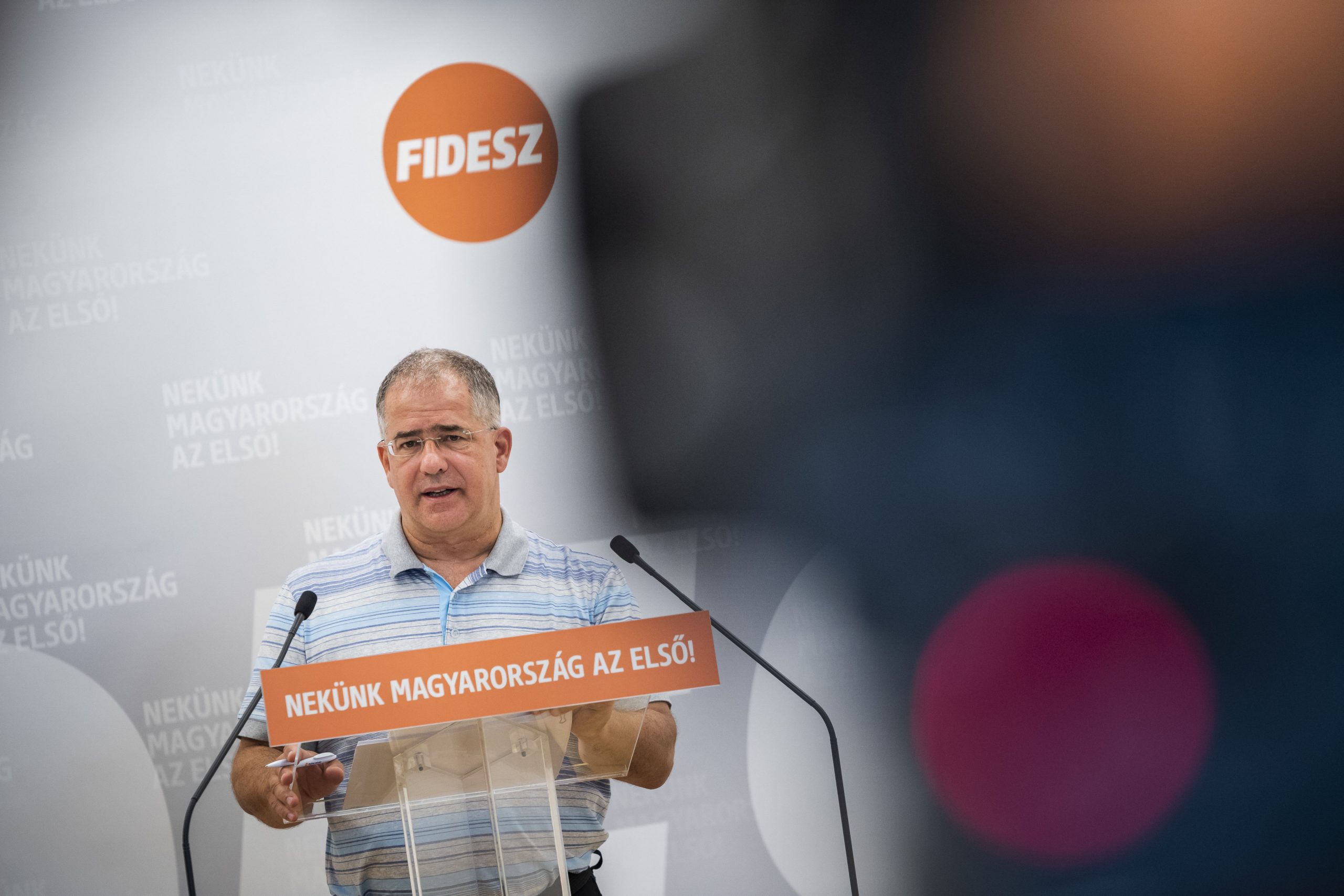
The opposition's reactions go as far as demanding the Orbán administration's resignation.Continue reading

Hungary’s data protection authority (NAIH) has yet to close its investigation of the Pegasus case, saying that they are still waiting for Amnesty International Hungary’s list of targeted persons. The human rights watchdog, however, denies that it was pending on them. Meanwhile, 86 organizations are urging for EU sanctions on spyware creator NSO. In addition, Israel restricted the export of their cyberweapons for only some 37 “proven democracies,” excluding Hungary.
“We have done lots of investigations, we have got practically everything, we are just waiting for Amnesty to provide us with information, but they are not cooperating with our authority,” NAIH leader Péterfalvi, told hvg.hu in response to a question about the conclusion of data protection investigation into the Pegasus case. The inquiry was launched back in August, and about one month ago Péterfalvi said he “doesn’t see the end of it yet.”
Now, NAIH’s president told the liberal portal that he would like to see the full list of some 300 Hungarian phone numbers, but Amnesty International wouldn’t provide it for them, while a closure of the case is not possible without that.
According to Péterfalvi, “every two weeks a new name goes public, so we could always start over again to check whether the owner of the number that was published was really monitored and whether it was done legally.”
Amnesty International Hungary’s program manager, on the other hand, denies that they have or have had the list. According to Áron Demeter, they informed Péterfalvi and provided him with the contact details of their international headquarters in London, but the data protection chief has yet to contact them.
Meanwhile, the pressure is growing on spyware manufacturer NSO, after 86 rights organizations have called on the European Union to impose global sanctions on NSO Group and take “every action” to prohibit the sale, transfer, export, and import of the surveillance technology.
The letter says the EU’s sanctions gave them the power to target entities that were responsible for “violations or abuses that are of serious concern as regards to the objectives of the common foreign and security policy, including violations or abuses of freedom of peaceful assembly and of association, or of freedom of opinion and expression.”
And “these rights have been repeatedly violated using NSO technology,” the letter explains.
In addition, the Israeli government has decided to further restrict which countries are allowed to buy the cyberweapons from now on.
The new list, obtained by Israeli business newspaper Calcalist, only includes roughly 37 countries (down from 102) with “proven democracies,” and Hungary is not on the list, according to the Israeli government.
While security firms can freely sell tools to entities in any of these 37 countries, for sales to entities in countries not on this list, vendors must apply for a special license with the Israeli government.
The opposition Democratic Coalition (DK) accused NAIH and Péterfalvi, of “covering up [ruling] Fidesz’s crimes in connection with the Pegasus case for months”.
Ágnes Vadai, the deputy leader of the party’s parliamentary group, told an online press conference that the scandal regarding the Pegasus spy software earlier this year “has shown that the government is surveilling opposition journalists, businessmen and politicians with the help of Israeli spy software.”
NAIH, at the same time, “was idle all summer while its head, Attila Péterfalvi, was on holiday,” she said.
The authority has been dragging its feet with the investigation which started in the autumn, she said.
Should the opposition come to power in next spring’s election, those responsible for the Pegasus scandal would be prosecuted, she said.
featured image illustration via Pixabay